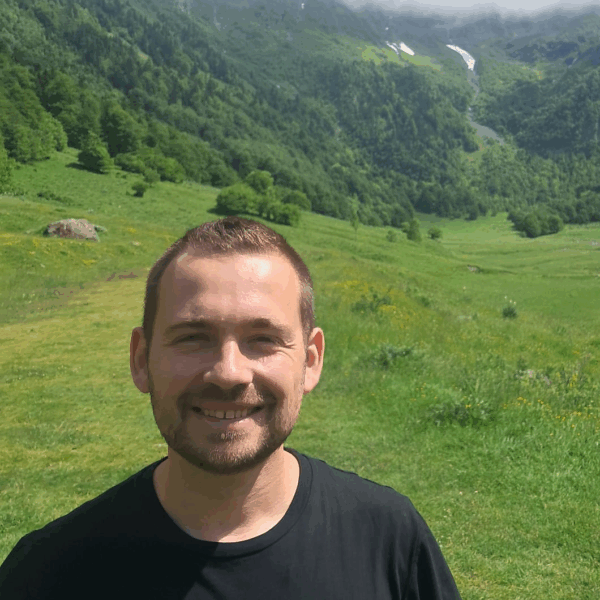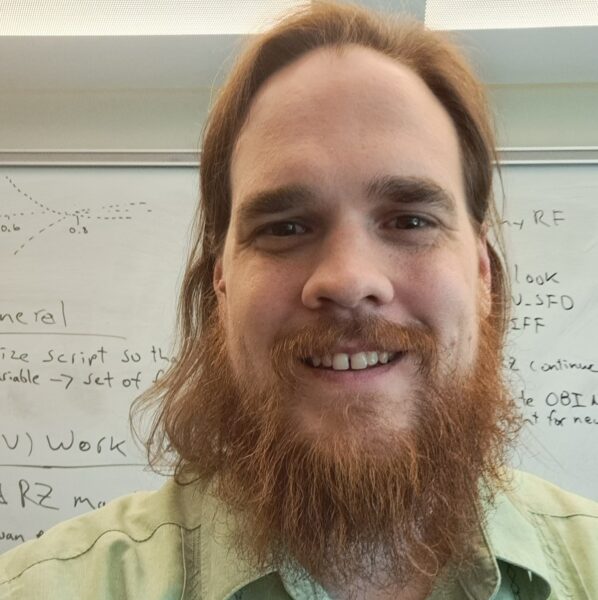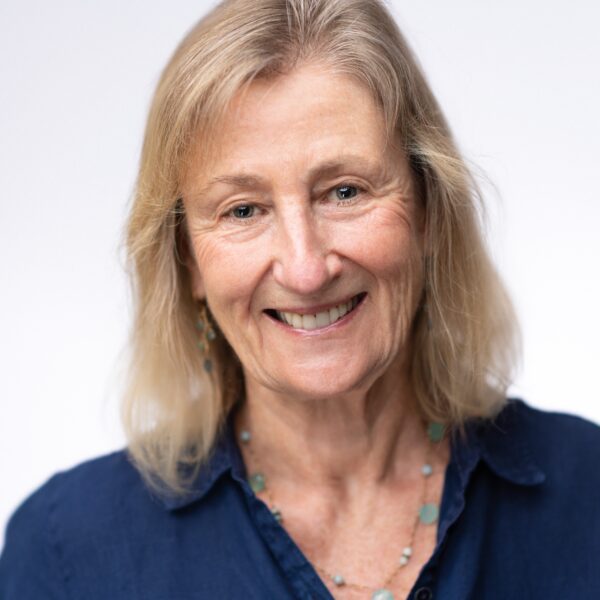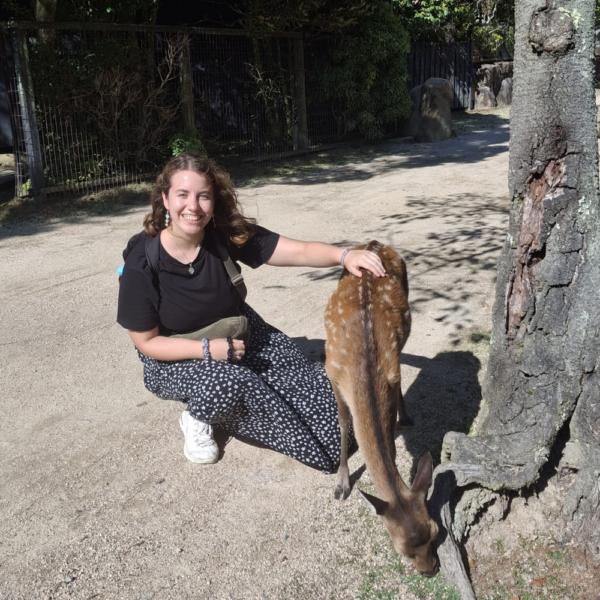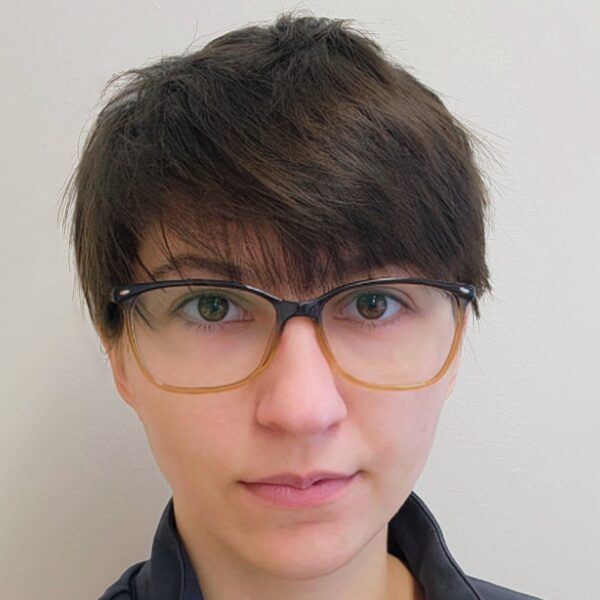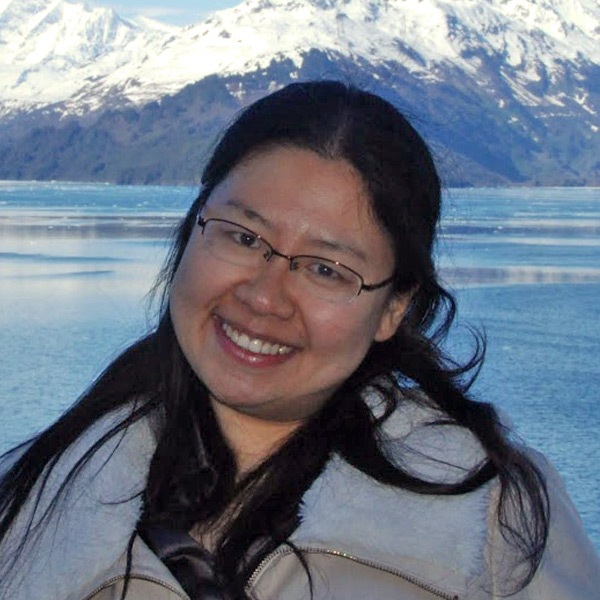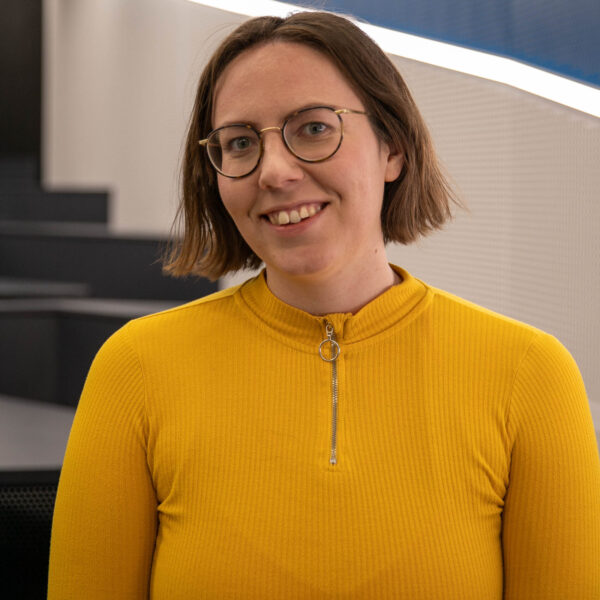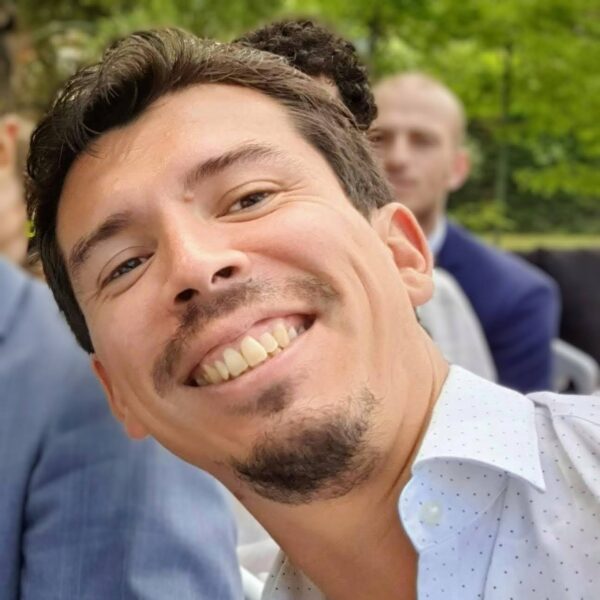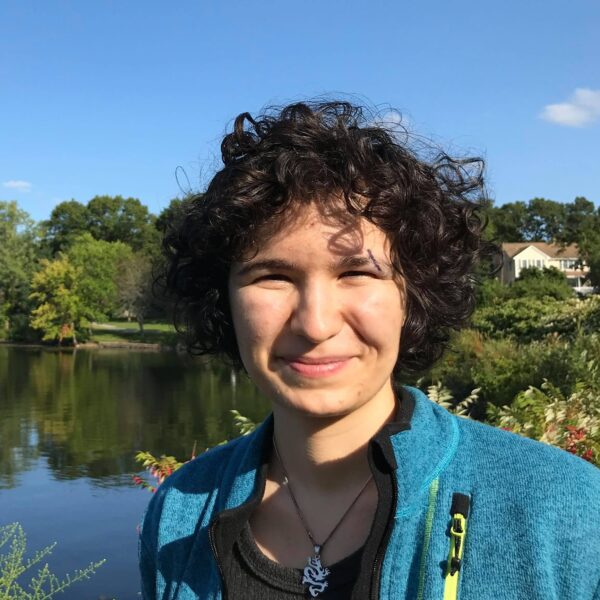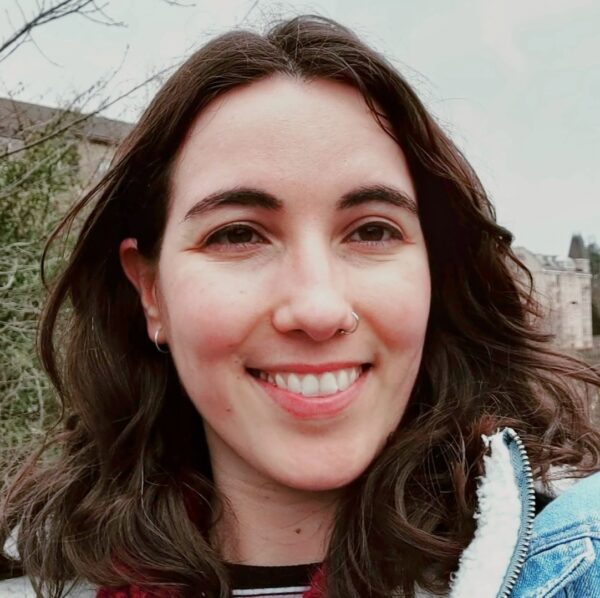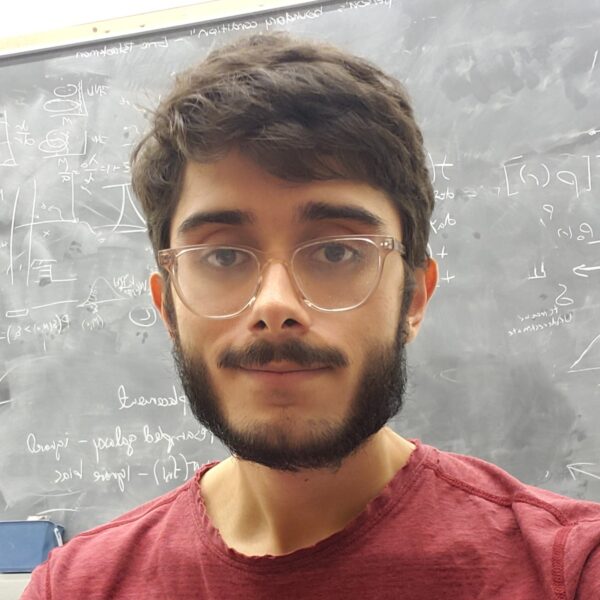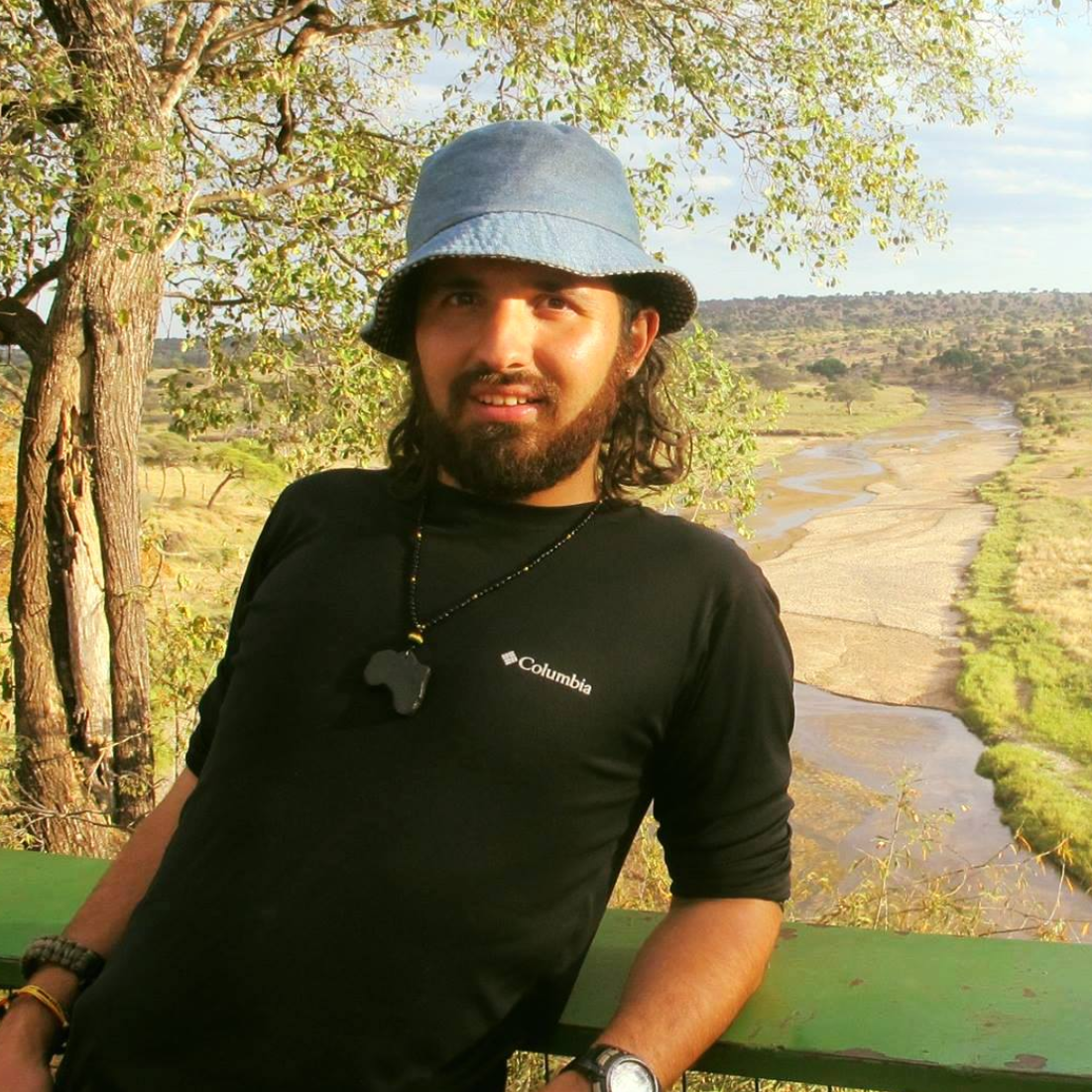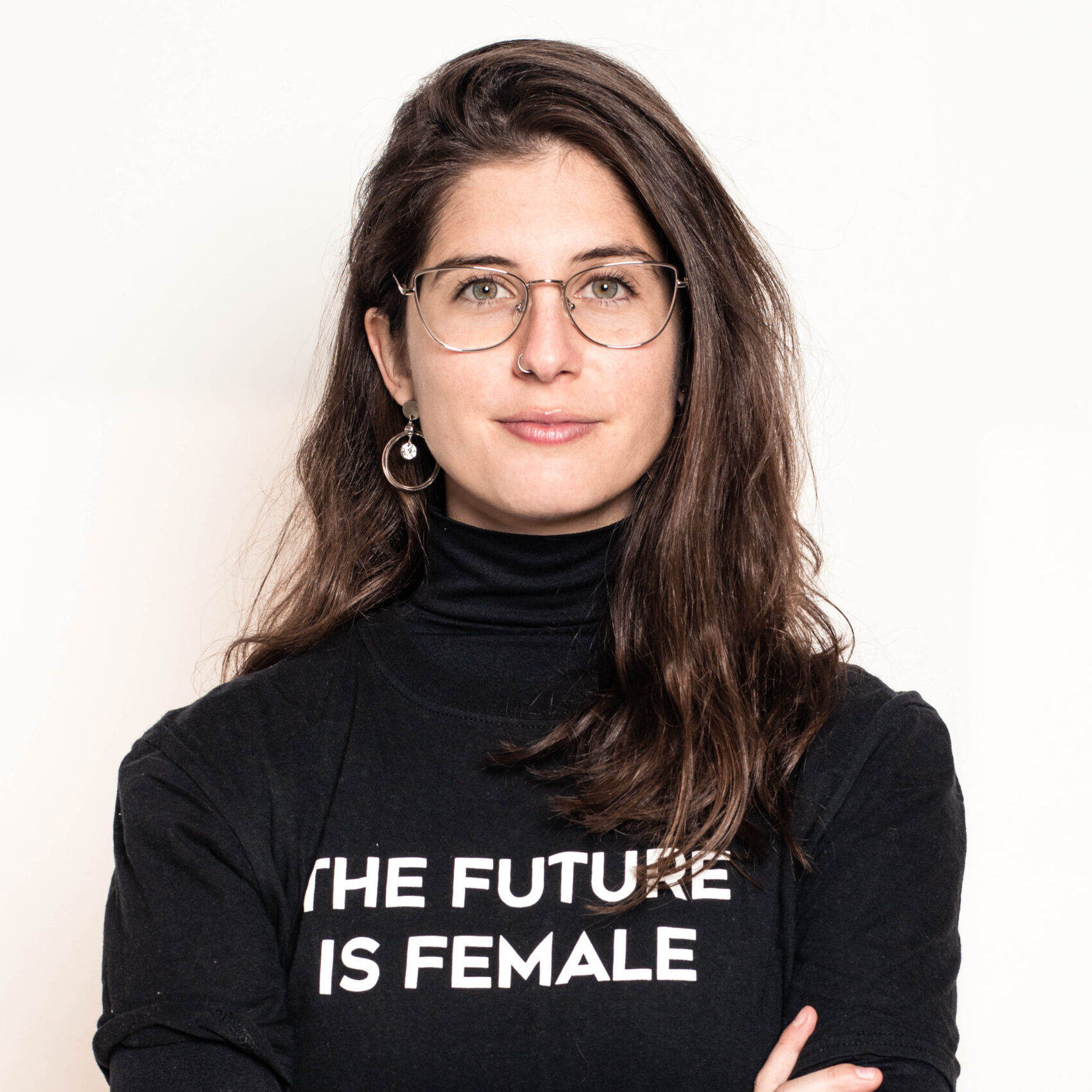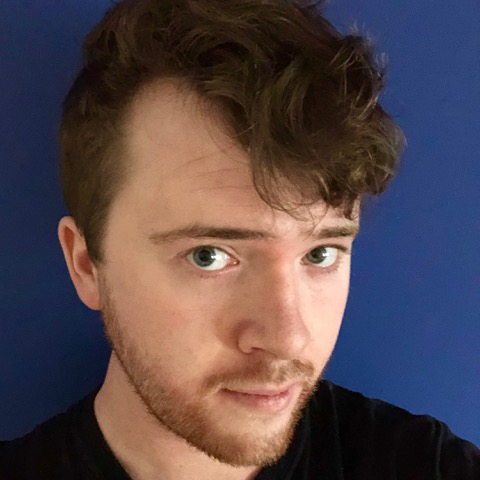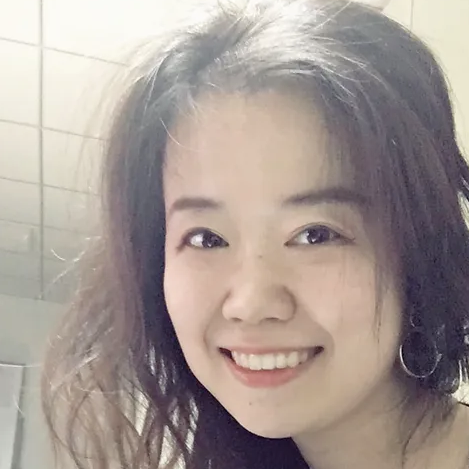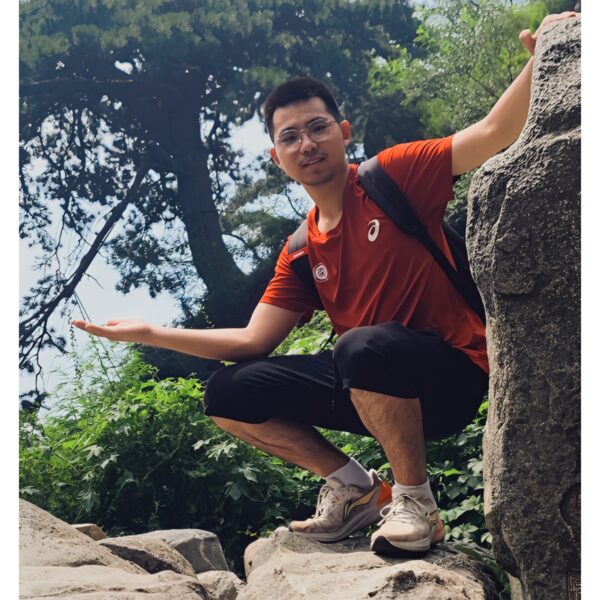
What is your position or role in the DESI project?
I am currently a PhD student at the Kavli Institute for Astronomy and Astrophysics (KIAA) of Peking University, mainly interested in the co-evolution of supermassive black holes (SMBHs) and their host galaxies. I have led a DESI project on the spectrophotometric decomposition of quasar host galaxies. I am also involved in several other interesting DESI projects that probe the physical properties of AGNs utilizing DESI spectra.
Where were you born?
I was born in Nanjing, Jiangsu, China, an ancient city imbued with rich historical and cultural heritage, which once served as the capital for six dynasties.
Where do you live now?
I live in Beijing now, the current capital of China, since KIAA resides here. The museums and parks here are amazing.
What do you do as part of DESI?
I use the DESI spectra to study the ecosystem of AGNs and their host galaxies. I have developed a spectrophotometric decomposition technique that leverages the comprehensive information from photometry and spectra to determine the host galaxy flux levels in AGN spectra. I have applied the technique to a sample of quasars with extended morphologies in HSC imaging, as well as to a set of DESI CL-AGNs. I enjoy working on the fascinating astronomical objects with high-quality data.
What is the most interesting or exciting thing about your job?
Examining the decomposition results and seeing clear evidence of host galaxies being decomposed. The high-resolution DESI spectra are fantastic. Many interesting topics can be discussed with the invaluable resources.
Any advice for an aspiring scientist?
Follow your heart. Find an interesting topic and dip into it. It is always helpful to attend meetings and hear others out.
What do you do for fun?
I love various sports, including swimming, basketball, badminton, hiking in the suburbs, and snooker. I also enjoy cooking, reading, and watching interesting videos.
If you weren’t a scientist, what would be your dream job?
Probably a writer, a photographer, or an artist. I enjoy casual lives. It is always wonderful to imagine the possibilities of human beings.
What excites/interests you most about DESI?
Its efficiency and high resolution! DESI has 5k fibers; it is a monster. The cosmology results from such a large sample of astronomical objects are also very interesting.
